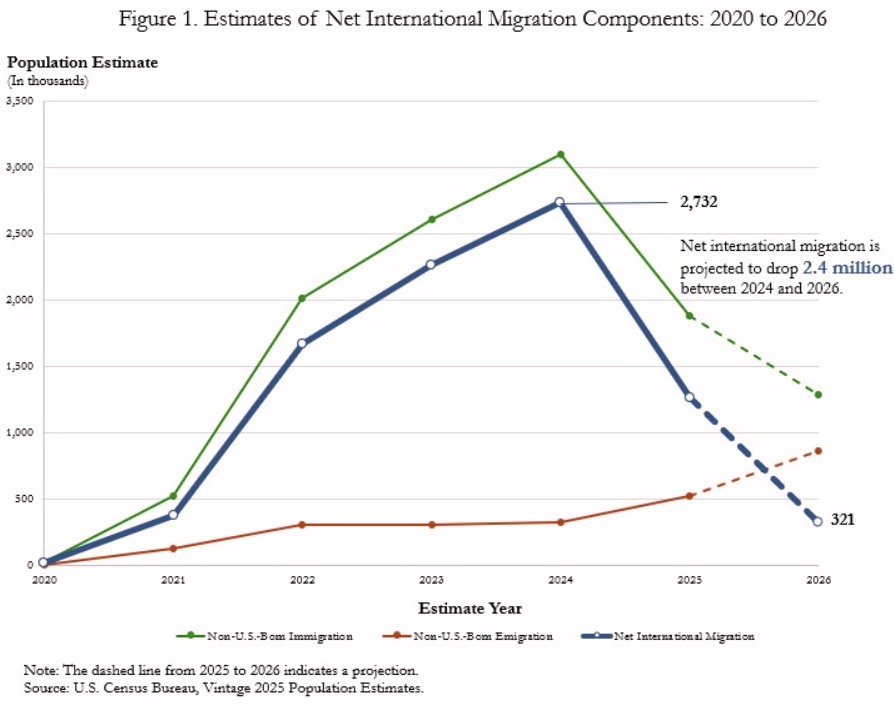Last summer I lamented the recent dearth of good news:
In the last part of the 20th century, I greatly enjoyed reading news outlets such as The Economist, the Financial Times, the Wall Street Journal, and the Far Eastern Economic Review. These news sources focused on public policy issues, especially economic and political issues.
Those decades were dominated by good news, as one country after another abandoned authoritarianism and moved toward democracy. Almost every developed country did major tax reform. Many developed countries privatized state-owned enterprises and deregulated prices and production. Free trade agreements were announced. Immigration was liberalized. There was one economic reform after another. Inflation was brought down. Democracy was on the march in Latin America, Eastern Europe and elsewhere.
Now I pick up these news outlets with weary apprehension. I know there is unlikely to be a single piece of good news, just endless stories about the rise of nationalism, authoritarianism, militarism, statism, xenophobia, etc. One counterproductive economic policy after another. The world still progresses in terms of technology, with nifty inventions like the iPhone. But on political and economic issues it seems like the news is unrelentingly bad.
The Economist has a new piece subtitled “How the West fell out of love with economic growth.”
A paper published in 2020 by the late Alberto Alesina, an economist at Harvard University, and colleagues at the IMF and Georgetown University measured the significance of structural reforms (such as changes to regulations) over time. In the 1980s and 1990s politicians in advanced economies implemented a large number, making their economies sleeker. By the 2010s, however, they had lost their oomph: reforms practically ground to a halt.
Our analysis of data from the World Bank suggests that progress has slowed still further in recent years, and may even have reversed (see chart 2). The American government introduced 12,000 new regulations in 2021, a rise on recent years. From 2010 to 2020 rich countries’ tariff restrictions on imports doubled. Britain voted for and implemented Brexit. Other countries have turned against immigration. In 2007 almost 6m people, on net, migrated to advanced economies. In 2019 the number was down to just 4m.
The Economist cites a number of possible explanations, but in my view they miss the most important one—the turn against free market ideology in recent decades. The question is not so much, “Why are governments ignoring the good ideas of economists?” rather the question is, “Why have economists turned against pro-growth policies in a wide range of areas?”
There is increasing support among economists for interventionist policies in areas such as labor market regulation, antitrust, barriers to free trade and investment, fiscal stimulus, and anti-growth tax policies. Late 20th-century ideas such as welfare reform, supply-side tax reform, fiscal conservatism and globalization are becoming less and less popular among economists.
There are several possible ways that this change in ideology might be related to the rise in anti-growth policies:
1. The two changes might be totally unrelated.
2. Economists might be opportunistically latching onto a change in the zeitgeist. Telling policymakers what they want to hear.
3. Economists might be reacting to the same stylized facts as policymakers, and interpreting the implications of those facts in a similar way.
I lean toward the third view. I believe that it was a mistake for economists to move in a more statist direction, but I also believe the move was a sincere (albeit misguided) response to a number of changes in the global economy, including the China shock, job losses in manufacturing due to technology, the rise in income inequality, near-zero interest rates, and the global rise in nationalism.
There are a few glimmers of hope on the horizon. Economists are increasingly supportive of YIMBY policies such as building more houses and building more nuclear power plants. The recent rise in inflation has reminded the profession of the importance of classical ideas such as the opportunity costs of government spending. And they have not completely abandoned free trade.




































